Formal Scholarship Thank You Letter Template
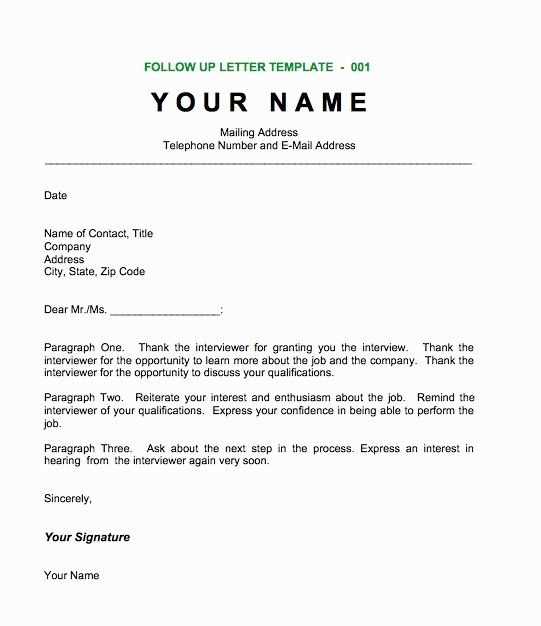
htmlEdit
When receiving financial assistance for academic pursuits, expressing appreciation is essential. A well-crafted note can effectively convey the value of the contribution and reinforce the importance of the support. It serves as a professional and courteous way to acknowledge the generosity extended by others.
Composing a message of appreciation is a thoughtful gesture that helps build strong relationships with benefactors. It not only demonstrates gratitude but also highlights the positive impact their support has on one’s educational journey. An organized and sincere communication reflects both the recipient’s acknowledgment and commitment to their academic goals.
htmlEdit
How to Write a Scholarship Thank You Letter
Crafting a message of appreciation for financial support can greatly enhance the connection with those who contributed to your academic progress. It’s an opportunity to express how the assistance has made a tangible difference in your life and studies. Here’s a step-by-step guide to effectively convey your gratitude:
- Begin with a professional greeting: Address the recipient with respect and use appropriate titles or honorifics, such as “Dear [Name or Title].”
- Introduce yourself: Briefly mention who you are, the program you’re enrolled in, and how the support will help with your educational endeavors.
- State the impact of the support: Explain specifically how the contribution will assist you, whether it’s covering tuition, books, or other related expenses.
- Show appreciation: Use sincere and heartfelt words to convey how much the support means to you, acknowledging their generosity.
- Conclude with a forward-looking statement: Mention your academic goals and how the help you’ve received is instrumental in achieving them.
- End with a professional closing: Sign off with a respectful closing, such as “Sincerely” or “Best regards,” followed by your full name.
Remember, a thoughtful message can leave a lasting impression and strengthen the bond with those who support your academic journey. The tone should be polite and genuine, showing that you recognize the significance of their contribution to your success.
htmlEdit
Importance of Expressing Gratitude
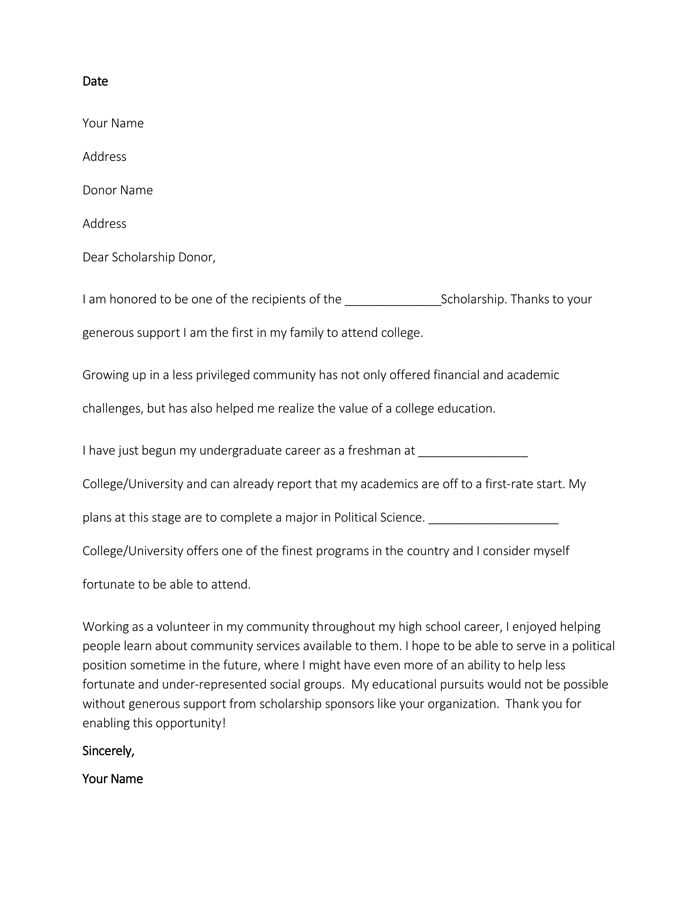
Demonstrating appreciation for the support you receive plays a crucial role in building and maintaining meaningful relationships. It goes beyond simple acknowledgment and highlights the positive impact that someone’s generosity has had on your life. Conveying gratitude is an effective way to foster goodwill and show respect for the contributions made on your behalf.
Building Strong Connections
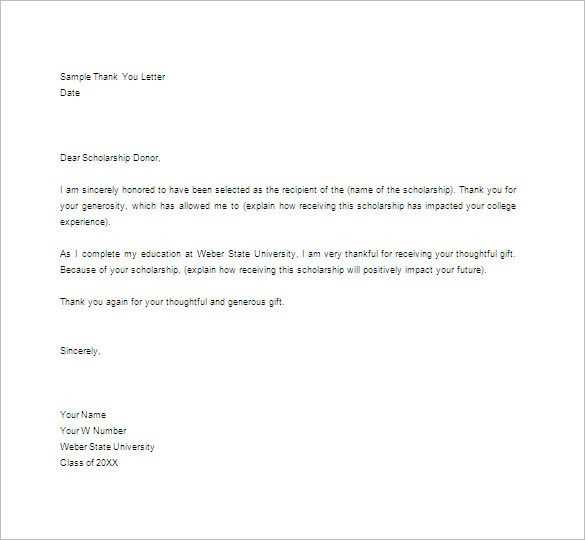
When you express gratitude, it deepens the bond between you and the giver. It shows that you value their support, creating a foundation of trust and respect. A sincere message can leave a lasting impression, encouraging future assistance and nurturing professional connections.
Reflecting Your Character
Showing appreciation also reflects your own values and character. It demonstrates maturity, humility, and the ability to recognize the efforts of others. By taking the time to acknowledge the contributions made on your behalf, you show that you understand the importance of gratitude in personal and professional interactions.
htmlEdit
Key Components of a Thank You Letter
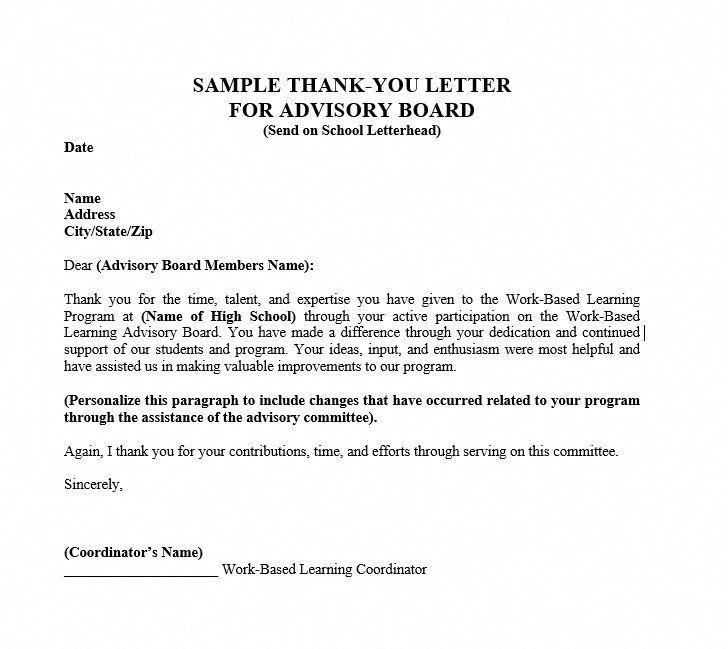
When expressing appreciation for support received, it is important to include several key elements to ensure the message is sincere, clear, and impactful. Each component plays a role in conveying gratitude effectively, leaving a lasting positive impression on the recipient. A well-structured note will reflect professionalism and genuine appreciation.
Personal Introduction and Acknowledgment
Begin by introducing yourself and acknowledging the specific help you received. This allows the recipient to easily understand the context of your message and reinforces the connection between their support and your educational journey. A personalized touch, mentioning the nature of the assistance, shows attentiveness and thoughtfulness.
Details of Impact and Appreciation
Clearly describe how the assistance has influenced your academic or personal progress. Explain the direct impact it has had on your ability to pursue your studies or meet your goals. Concluding with a heartfelt expression of gratitude highlights the significance of their support and ensures the message remains meaningful and sincere.
htmlEdit
Tips for Crafting a Professional Tone
Maintaining a respectful and polished tone in your communication is essential when expressing gratitude for assistance. A professional tone ensures that your message is taken seriously and reflects well on your character. It creates a balance between warmth and formality, showing appreciation without being overly casual or too stiff.
Choose Clear and Concise Language
When crafting your message, opt for straightforward language that communicates your thoughts clearly. Avoid unnecessary jargon or overly complex sentences. Keep your writing focused on the key points to ensure the recipient understands your appreciation without feeling overwhelmed by unnecessary details.
Be Mindful of Tone and Phrasing
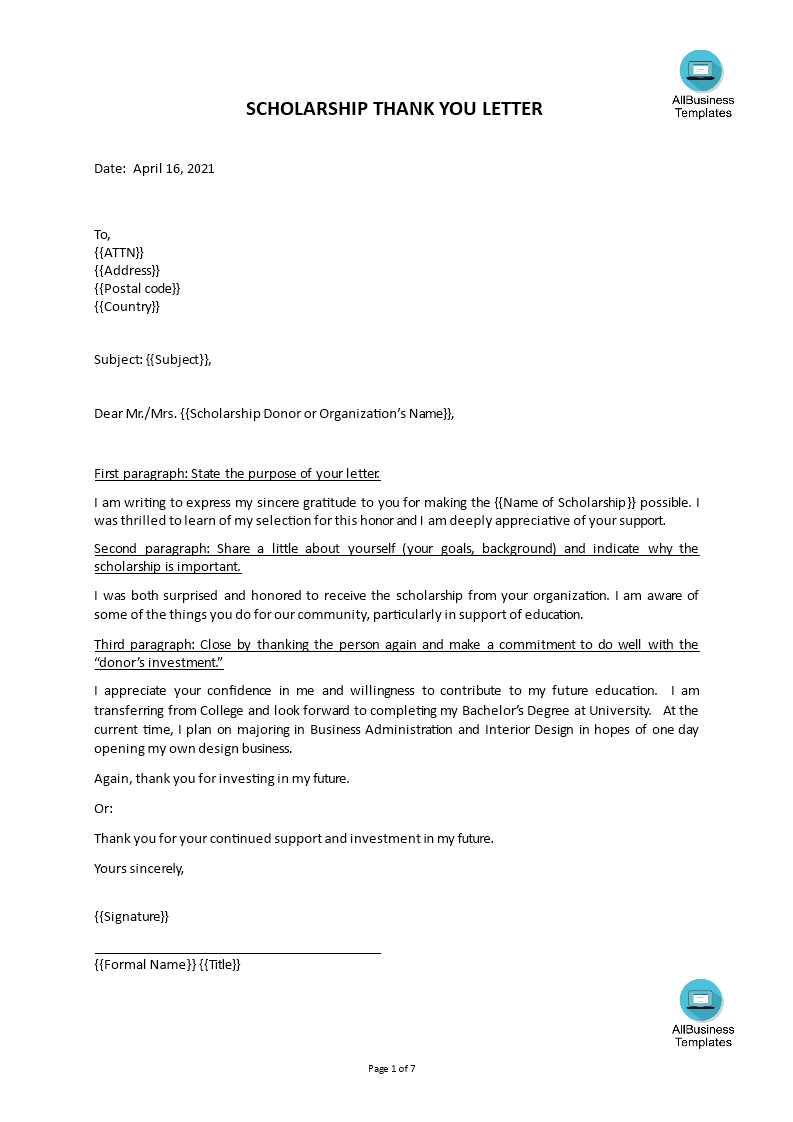
Striking the right balance between formality and warmth is crucial. Use polite phrases and respectful terms, such as “I am grateful” or “Your generosity has made a significant difference.” Avoid overly casual expressions and ensure that your wording conveys professionalism and respect. A thoughtful choice of words will help you come across as sincere and appreciative.
htmlEdit
Common Mistakes to Avoid
When expressing appreciation for assistance, it’s important to be mindful of certain missteps that can undermine the impact of your message. Even well-intentioned words can be misinterpreted or seem insincere if not crafted carefully. Avoiding common errors ensures that your communication remains respectful, clear, and effective.
Overuse of Casual Language
While it’s important to sound warm and sincere, too much casual or informal language can make the message seem less professional. Here are some language pitfalls to avoid:
- Using slang or overly familiar terms.
- Being overly informal in addressing the recipient.
- Including irrelevant or overly personal details.
Being Too Vague or Generic
While expressing gratitude, it’s crucial to be specific about the impact of the support you’ve received. General or vague phrases can come across as insincere. Here are some tips:
- Avoid using generic statements like “I appreciate the help” without elaborating on how it has made a difference.
- Don’t rely on clichés–personalize the message with specific details about the support and its impact.
htmlEdit
Examples of Effective Scholarship Thank You Letters
When expressing appreciation for educational assistance, providing clear and thoughtful examples can guide you in crafting a meaningful message. Effective communication should reflect both respect and sincerity, while also demonstrating the real impact of the support received. Below are examples to help illustrate how to properly convey gratitude in a professional manner.
Example 1: Simple Yet Sincere
This example shows how to express genuine appreciation in a brief yet impactful way. A straightforward approach can be just as effective as a detailed one, as long as it reflects sincerity.
| Component | Example |
|---|---|
| Greeting | Dear [Name], |
| Introduction | I am truly grateful for your generous support towards my education. |
| Impact | Your contribution will help me cover tuition fees and purchase necessary materials for my studies. |
| Appreciation | Thank you for investing in my future and making my academic journey possible. |
| Closing | Sincerely, [Your Name] |
Example 2: Detailed and Personal
This example is more detailed, showing how to personalize a message by elaborating on how the financial help will directly impact the individual’s goals and achievements.
| Component | Example |
|---|---|
| Greeting | Dear [Name], |
| Introduction | I am incredibly honored to have received your support for my academic pursuits at [University Name]. |
| Impact | Your generosity will allow me to focus more on my studies and less on financial concerns, which will be invaluable as I work toward a degree in [Field of Study]. |
| Appreciation | Without your assistance, my education would not be as accessible, and I am deeply grateful for this opportunity. |
| Closing | Best regards, [Your Name] |
htmlEdit
When and How to Send Your Letter
Understanding the right timing and method of delivering your message is crucial in ensuring it has the desired impact. Sending your note at the right moment and using the appropriate channel enhances the sincerity and professionalism of your gesture. Below are guidelines on when and how to effectively send your expression of appreciation.
Ideal Timing
It is important to send your message promptly after receiving the assistance. A timely response demonstrates respect and shows that you value the support. Here are some key points to consider:
- Send it within a few days or weeks after receiving the benefit to maintain relevance.
- Avoid delaying too long, as it could appear less genuine or that you don’t appreciate the help.
Choosing the Right Delivery Method
While electronic communication may be more convenient, a physical note is often seen as more personal and thoughtful. Consider the following:
- For more formal or significant support, a handwritten note or printed message adds a personal touch.
- For quicker or more casual correspondence, an email is acceptable, but still maintain professionalism in your tone and wording.